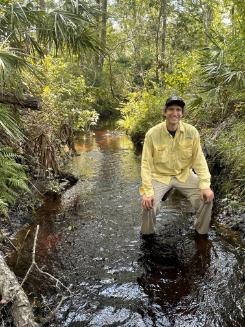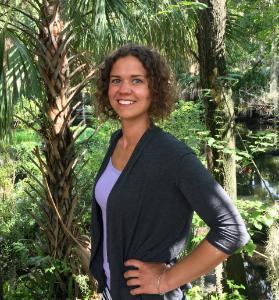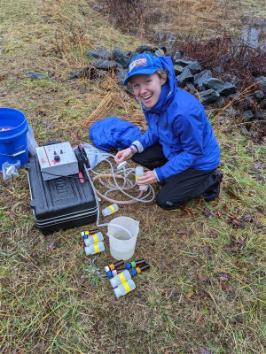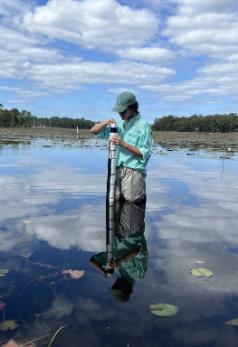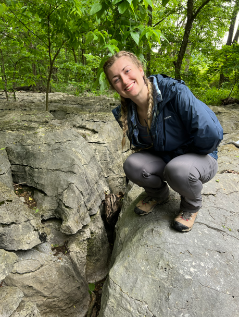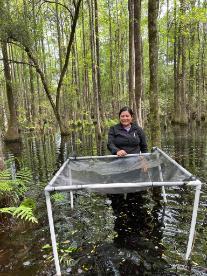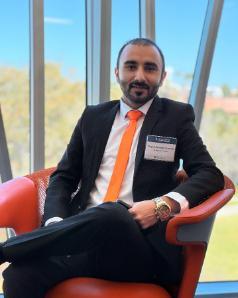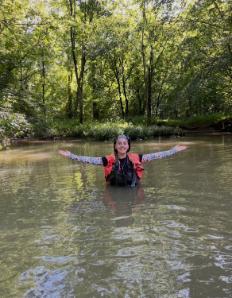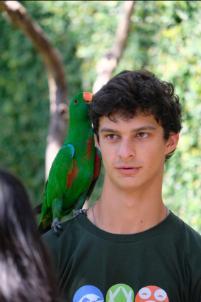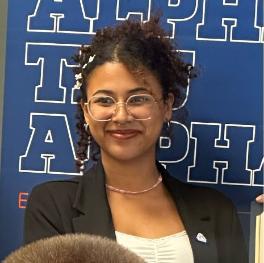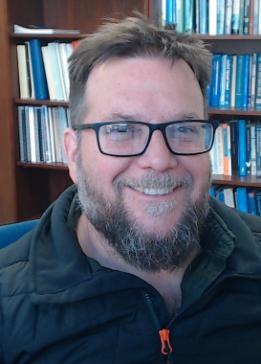
Matt Cohen, PhD
I got my PhD from the University of Florida in 2003 and have been on the UF faculty since 2006. I am interested in almost everything, but retain a hallowed place in my personal and professional life for water. My research interests focus on the coupling of water and ecosystem processes, encompassing all of the connections and processes that occur along a raindrop’s path from the sky to the sea. Living in Florida, I’ve developed an inordinate fondness for wetlands. Living in these times, I maintain a deep commitment to empiricism. I teach classes in forest hydrology, watershed management and ecohydrology.
Here's my CV, ORCID, ResearchGate, and Google Scholar links. I am rarely on Twitter as @DrAquaMatt.


